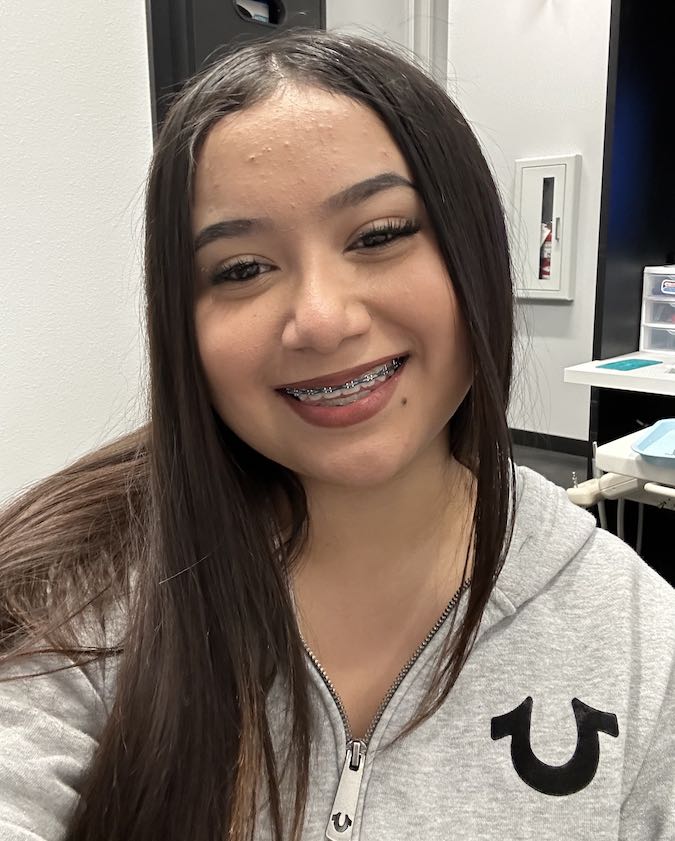Wisdom teeth get their name from the fact that they usually appear at a later or “older” stage when compared to the rest of our teeth. According to the American Dental Association (ADA), this normally happens between the ages of 17 and 21. Wisdom teeth are four molars located at the very back of your mouth, but it is not uncommon for people to have less or even no wisdom teeth at all. If you are not able to see them in your mouth, they could still be under your gums, so the best idea is to get an x-ray.
Not everyone will need to have their wisdom teeth removed, but it is a common thing to do since these can start giving you problems at any point in time. Besides feeling pain there are several reasons you may need an extraction. One of the main reasons a wisdom tooth needs to be extracted is because it doesn’t have enough room to come out from the gum. Other common issues that will lead to extraction are infections, damage to neighboring teeth, bone loss, or even just for prevention. Even if your wisdom tooth isn’t causing a real issue yet, it could still mean trouble in the future. If the tooth is partially out, it could cause bacteria and plaque to build up around it, if the tooth is on its side, it can cause bone loss around the roots. You should always ask your dentist if and when it would be best for you to have them removed.
When the time comes for you to have one or more wisdom teeth removed, there will be two different types of extractions that can take place: simple or surgical extraction. The extraction that you need will depend on how much of your tooth has come out. As the names imply, one will be a simpler and faster procedure than the other, as will the recovery. What you can be sure of is that you won’t feel a thing because your dentist will either give you local anesthesia or sedation. If you are nervous about your extraction appointment, you can check out some of our tips to help ease your stress.
Once you’ve had the procedure done, there are a few things you can do to help your mouth heal a bit quicker. Ice, cold packs, and cool water will be your best friends for a couple of days since the cold will help with any soreness and swelling you may have. Try eating soft foods that won’t hurt the sensitive area and avoid spicy foods, alcohol, hot beverages, and smoking. The most important thing is to always follow your doctor’s instructions.
If you would like a Risas doctor to evaluate whether you need to have your wisdom teeth removed or not, you can book an appointment with us! We’re open Monday through Saturday, from 9 am to 8 pm.

